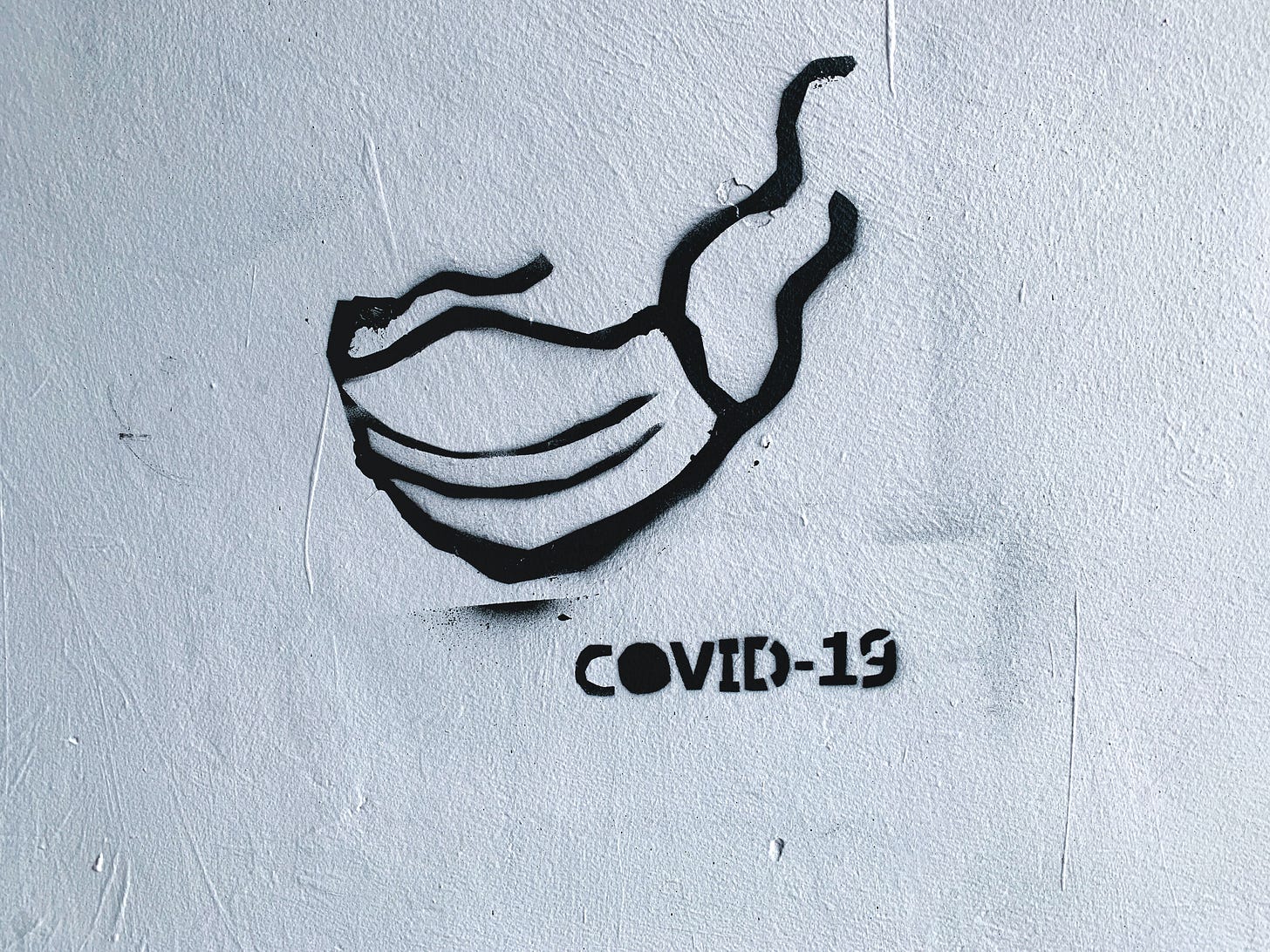
Photo by Adam Nieścioruk on Unsplash
As most of us realize American Christians tend to be on the right of the political spectrum. One of the hotter discussions that is taking place in that wing of the faith is over masks. Should people be required to wear them? Should you wear them at all? Is there any point? Isn’t this more government over reach? There are so many layers.
This is, of course, layered on top of the arguments happening for and against re-opening of worship gatherings.
In many ways this has become the new “eating food sacrificed to idols.”
In Corinth this was a significant issue. Check out 1 Corinthians 8:
Now about food sacrificed to idols: We know that “We all possess knowledge.” But knowledge puffs up while love builds up. Those who think they know something do not yet know as they ought to know. But whoever loves God is known by God.
So then, about eating food sacrificed to idols: We know that “An idol is nothing at all in the world” and that “There is no God but one.” For even if there are so-called gods, whether in heaven or on earth (as indeed there are many “gods” and many “lords”), yet for us there is but one God, the Father, from whom all things came and for whom we live; and there is but one Lord, Jesus Christ, through whom all things came and through whom we live.
But not everyone possesses this knowledge. Some people are still so accustomed to idols that when they eat sacrificial food they think of it as having been sacrificed to a god, and since their conscience is weak, it is defiled. But food does not bring us near to God; we are no worse if we do not eat, and no better if we do.
Be careful, however, that the exercise of your rights does not become a stumbling block to the weak. For if someone with a weak conscience sees you, with all your knowledge, eating in an idol’s temple, won’t that person be emboldened to eat what is sacrificed to idols? So this weak brother or sister, for whom Christ died, is destroyed by your knowledge. When you sin against them in this way and wound their weak conscience, you sin against Christ. Therefore, if what I eat causes my brother or sister to fall into sin, I will never eat meat again, so that I will not cause them to fall.
The question that we must ask ourselves is this: What does it mean to not become a stumbling to the weak? For the follower of Jesus our first layer of identity is rooted in being his follower. Therefore, we are Christian first and American second. When we get these out of order the conversation gets harder. Yet, I think if we can that proper order then it actually frees us to love well.
I’m not going to tell whether I think the mask wearer or non-mask wearer is the stronger brother or sister in this case. I’ll let your conscience determine that for you.
Regardless, the key statements here are,
“Be careful, however, that the exercise of your rights does not become a stumbling block for the weak.”
“So this weak brother or sister, for whom Christ died, is destroyed by your knowledge. When you sin against them in this way and wound their weak conscience, you sin against Christ.”
Those of us with a stronger conscience and therefore a greater sense of our freedom have a responsibility to love our brother or sister well. We have to be intentional to not cause them to be destroyed by your knowledge.
Could you imagine a world where we lived this way?
To live like this demands that we extend one another grace and mercy. We would choose to yield our rights for the sake of those around us. By doing so, we would carry within us the love of Christ and put it on display for a watching world.
Paul’s little statement at the opening of 1 Corinthians 8 strikes home for our day and age too, “We know that ‘We all possess knowledge.’ But knowledge puffs up while love builds up.”
Regardless of who you talk to about these issues everyone “possesses knowledge.” So, what would it look like for us build one another up in love as opposed to puffing ourselves up? It’s fascinating isn’t it? What I see in most of the conversations that take place about these issues are Christians demanding their rights and often are doing so at the expense of one another. Paul leaves no wiggle room for the follower of Jesus in these matters. We must consider their spiritual well-being before our own.
When we choose to put another’s spiritual well-being above our own we inevitably move to a position of building others up. Does this mean that we don’t challenge their thinking? No. But what it does mean is that when we do engage with gentleness and respect. The approach is to build up and not destroy.
How can you do so? What does it look like for you to lovingly engage? I’d love to hear your thoughts in the comments.





Respecting other peoples views is a challenge especially in today’s circumstances, but it is key to living in harmony and love with and in our communities. We don’t know another persons circumstances, so just be kind.